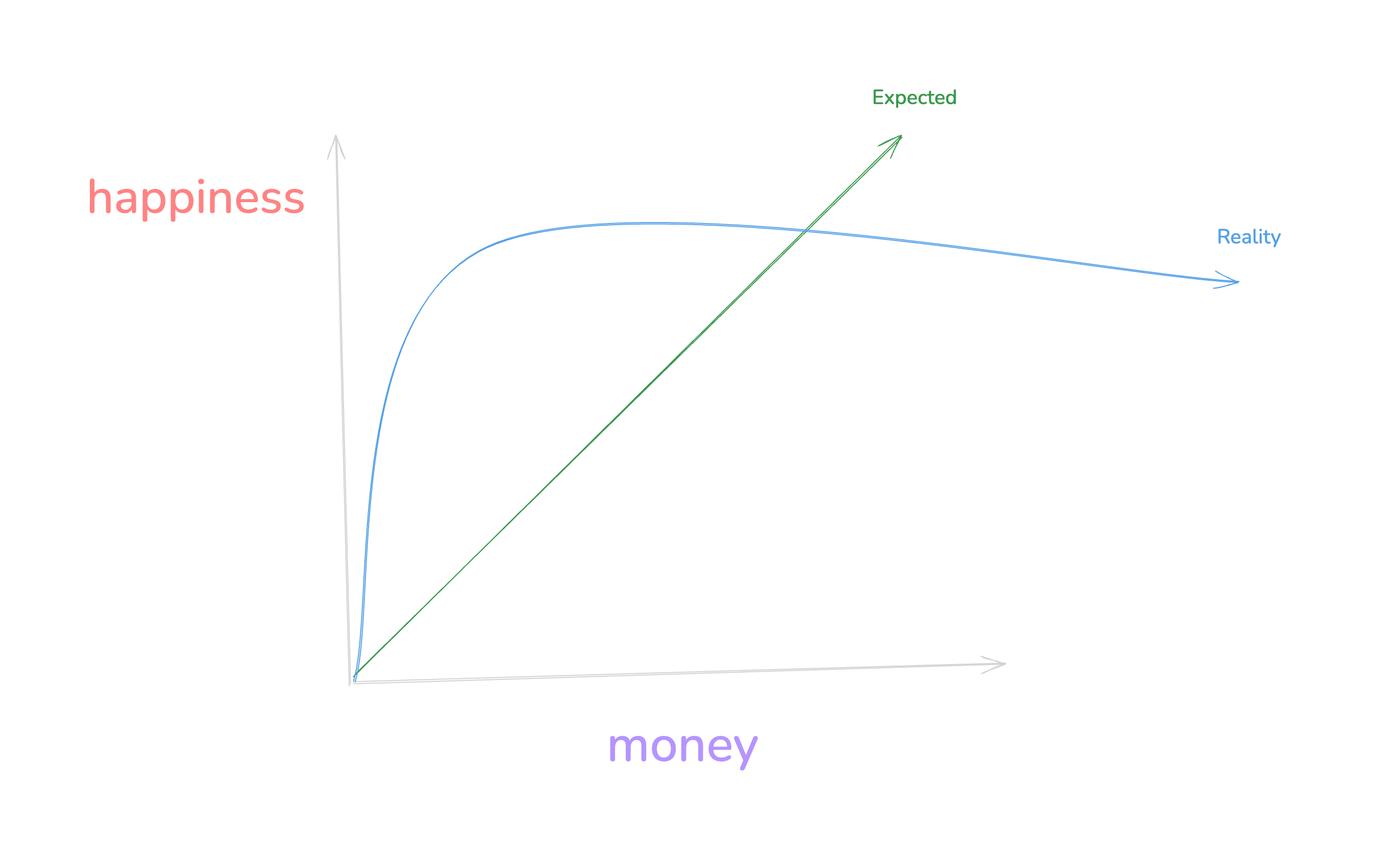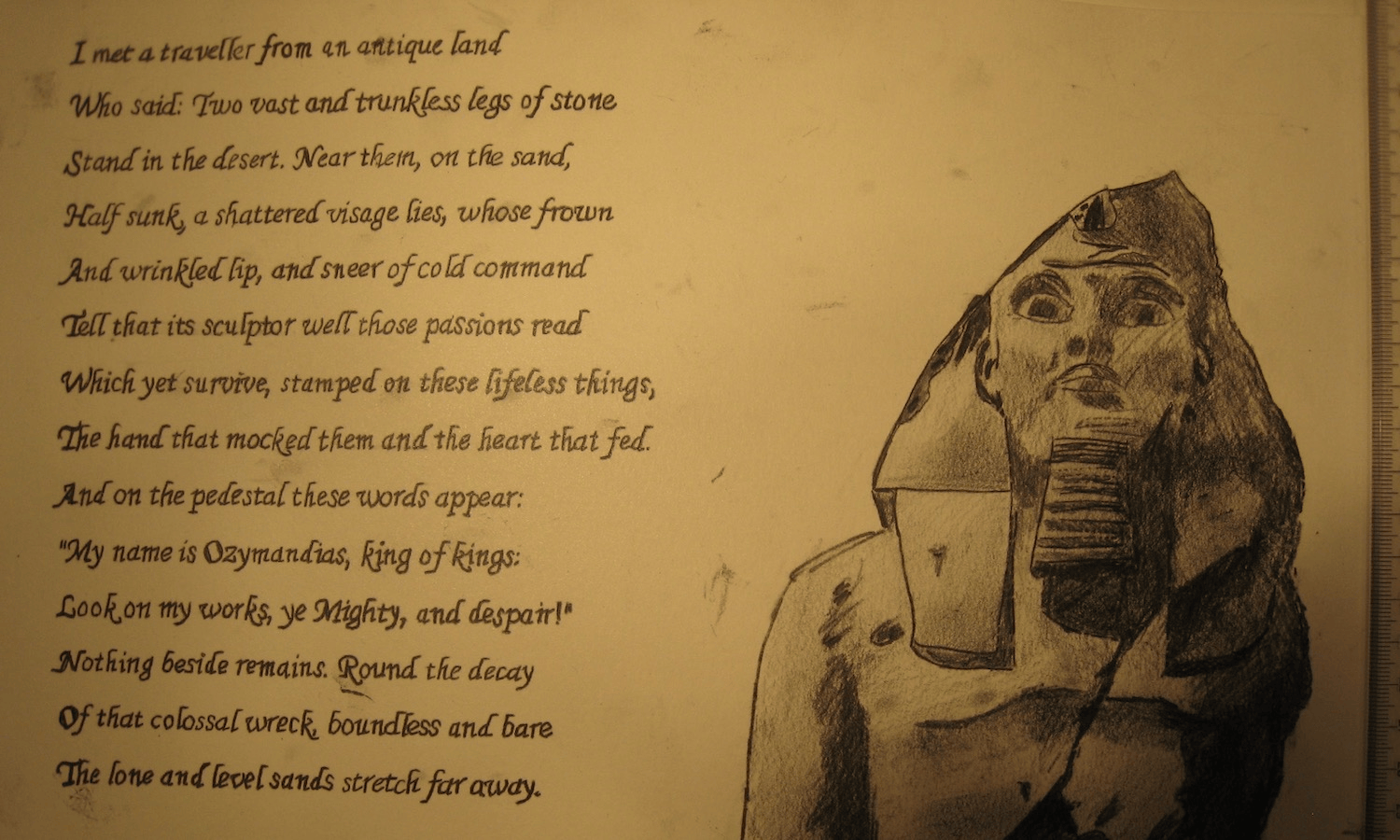This blog is about money
2024-3-30
"you purchase the ability to live in this world, not the desire to live in it - Blank"
The Ghost in Our Pockets
We speak of money as a force, a tangible weight in our hands, a quantifiable measure of worth. Yet, peel back the layers, and you find something far more ephemeral, something closer to a collective hallucination than a physical reality. Money, this bedrock of our modern world, is perhaps one of the most potent, yet ultimately unreal, inventions humanity has conjured. It does not exist in the way a stone or a tree exists. It exists because we agree it exists.
Before this curious consensus, before the symbols and the ledgers, value was tethered to the undeniable reality of the material world. To possess wealth was to possess the thing itself: the glint of a well-honed blade, the coarse texture of salt, the weight of animal skins offering warmth and shelter. Storage of value was a literal act of hoarding objects, a tangible manifestation of power and security.
My own grappling with this abstract concept began, as these things often do, in a mundane corner of the world. There was a man, his hands skilled and tireless, who crafted exquisite momos from a simple stand. For a time, his creations were priced at a humble 5 INR, a fleeting moment of democratic deliciousness. His side dishes, it must be said, were small miracles in their own right. And as the invisible tendrils of reputation spread, as the secret got out, his small enterprise thrived. The demand swelled, a hungry tide that threatened to overwhelm his capacity.
What followed was predictable, yet still held a strange fascination for me. The price crept up. First to 10, then to 15 INR. Having wandered through various cities and witnessed similar miniature economies in action, I found myself pondering the seemingly counterintuitive nature of this. Why not revel in the sheer volume of sales, even at the lower margin? Was there not a different kind of wealth in serving the many?
With time, and the quiet accumulation of experience, the underlying logic settled in. To meet the surging demand, he would have to expand – a daunting undertaking of more ingredients, more labor, a fundamental shift in the scale of his solitary endeavor. Or, he could simply introduce a filter, a barrier to entry. The price hike was, in a way, a concession to his own limits, a practical response to an intangible pressure. It was, perhaps, a quiet acknowledgement of a simple truth: even in the most humble of transactions, the forces of scarcity and desire are perpetually at play.
We often conceive of money as a liquid, flowing through the arteries of the economy, lubricating the gears of commerce and progress. And in a transactional sense, this holds true. The prevailing, almost primal, instinct is that more money equates to greater success, a comfortable delusion we collectively cling to.
If we are to consult the most fundamental diagram in the rudimentary lexicon of finance, the ubiquitous supply and demand curve:
We understand the logic here when applied to tangible goods. Supply: the finite amount of a desired thing. Demand: the collective hunger for it. The intersection, the price, a fragile equilibrium.
But applying this cold, hard logic to the swirling, intangible entity of money feels... incomplete. It doesn't capture the full, strange spectrum of its influence. In my estimation, our relationship with money manifests in at least three distinct ways, each revealing a different facet of our desires and anxieties.
1. Money as the Key to Elsewhere

Money, in this view, is not an end in itself, but a permission slip. It is the token that unlocks the possibility of transformation, of movement, of becoming something other than what you currently are. A new car isn't just metal and rubber; it's the promise of arriving faster, of reclaiming stolen moments from the commute. A new phone isn't just circuits and glass; it's the guarantee of staying connected, of bridging the quiet gulfs between us.
When money enters our lives, even in small increments, it whispers promises of a better future, of a life less constrained. It ignites quiet aspirations:
"Now, perhaps, the path to knowledge is a little smoother for my children."
"The distant murmur of the ocean feels suddenly closer, a tangible destination."
"The worn-out comfort of the familiar can be exchanged for the crisp possibility of the new."
And we think that these nice commodities will last forever. Still, I love that forever doesn’t exist, but we have a word for it anyway, and use it all the time. It’s beautiful and doomed.
The human mind is a fascinating thing, isn't it? We're these strange creatures who only seem to truly appreciate what we have in two very specific moments: when we first get it, and when we've lost it forever. It's like we're walking through life with these blinders on, rarely stopping to consider the weight of our possessions until they're either brand new or gone completely.
And those promises of money we were just talking about? They start to warp and twist in our minds, becoming something else entirely. They become these whispered mantras we tell ourselves:
"Who cares what degree I have, that's not my real value. The amount of money I have is what matters."
"I could go to the beach and buy a new car, but I'm not going to, I should rather save up for a house."
"When the new becomes familiar, the prestige is forgotten."
This is how we start to think. This is how the promise of money begins to reshape our very perception of value, of worth, of what it means to be successful in this world. And isn't that just... fascinating? but this makes you realize something.
- ⏺︎Being Happy with less is better than being sad with more.
- ⏺︎Making money as the key to your happiness is the reason you are sad.
- ⏺︎The value of money you have pales in comparison to the value of time you spend getting it.
so treating money as the key to most things catastrophically changes your perspective on life.

2. Money as the Source of Power.
we as humans love to be in control. Our primitive understanding of the world is that we are in constant decay of our own values. and if we want our values, our ideas that we birth, we need the control of other ideas that flow.
we wish to put a "filter" on other's values that do not fit ours. We know to make our values to be projected on the world we need to invest using something else of value, something with no will or idea of it's own, and yet valuable to every person. What other object is there that can be used for this purpose? Money.
this is not something only I believe in,different people have come to same conculsion.
Money is the lever by which one idea lifts itself above another, not by virtue, but by purchase.-
JOHN FOWLES
Power, in the end, is merely the ability to make your values more expensive than anyone else's. -
TEJU COLE
To bend the world to your vision, you must first possess the currency that buys attention. -
HANIF ABDURRAQIB
but then why , what is the problem with this. To be honest, it is not a bad way to live, but it is a bad way to think. if you can quantify the amount of power you have on others, you can quantify the amount of power you have on your ego. you become hedonistic, you become complacent, all because you think you are untouchable.
and when that happens, your demise is just as easy as an leisure activity for someone with clearer vision. the number of people who are willing to do that is far more than the number of people who are willing to save you.
a throne always comes attached with a guillotine

this is the truth. absolute power and the prusuit of it will corrupt you.
3.Money as it is.
The only way to enjoy money is to control it, rather than it controlling you. easier said than done, but it is the only way to enjoy it.
look at money as your reward to provide value to others. Struggle and strife for working hard. this is the only way to enjoy it, when you get home , you will be fullfilled. and that's the most money could afford.
fin.
